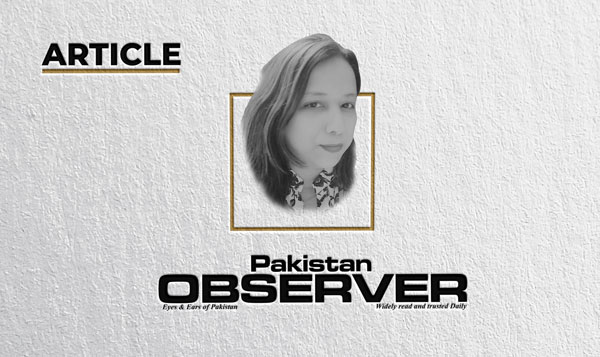Technocratic govt in Pakistan, the answer?
WHEN an established system of governance fails to perform and produce results, alternative systems of governance are often thought of.
However not as often as is done in Pakistan.
Historically, Pakistan has explored Presidential, Parliamentary and military dictatorships; Would a technocratic system of government serve as an alternative solution this time around?
The suggestion, even for an interim period by experts, has not been welcomed. Could it be perhaps because the old technocrats at one point or another, absorbed into the different systems were possibly a reason for the state of decline Pakistan is in today.
Bringing in the same technocrats for the same problems, without a resolution, is like churning old laundry which has remained muddy for quite a while.
Sweeping mechanics of policies which are not segmented and not thoroughly revised for every economic sector would be a first step for reconsideration.
Merit based positions with deliverables and accountability would be key factors in assigning vital roles.
Strategies of diplomatic conversations for greater inter- and intra-regional cooperation for stability, is the new norm.
They will be a determining factor for success for any developing nation. Another consideration is that the nation which was formed in 1947 in good faith and sacrifice, still considers itself a ‘newborn’.
However, industrialization and the digital phenomena have been equalizers. Pakistan has had ample opportunities to build the country up by refocusing their resources into its own population.
There is no ‘excuse’ anymore that others had more time for development. Nation Building elements such as education, IT, gender inclusion, and civil reforms policies have never been a focus.
Sometimes everything cannot be blamed on sinister outside elements. The opposition remains vehemently against a technocratic government.
Ironically enough they were certainly there for the Presidential system when they were in power- and looking hopeful towards it again.
There is a push for general elections as is apparent. But will this just be a fight for them to establish authoritarian power via a Presidential system?
True Democracy would always consider accountability. However, that has never been apparent in Pakistan’s political arena.
It has always been a hijacked system with a decently portrayed front. There is a nagging feeling which persists that there is a major decision coming.
The first fear that descended was the murmur of a military takeover. Let us be clear, from the ‘mouths of babes’, has come the admittance that the military has always been there.
Local agencies as is the commonly used term, will not be going anywhere anytime soon either.
It is also time to stop treating the army as the ‘unspoken bogeyman’. Their role in defending the country from its enemies, rarely deviates.
The next sentence should clarify the character of Pakistan’s actual decision makers; Who is labelled as an enemy of the state and for what reason, is also up to them.
Deeply entrenched in politics and administration, it is too late for them to change strategy within a few headlines in media.
Perhaps transparency will be key to what Pakistan needs to be accepted into the global village on a social footing.
A Technocratic government could provide a quick fix to the crumbling economy only if it is applied in its true essence.
Previously, Musharraf, PPP, PMLN and PTI governments have all absorbed technocratic advice from a traditional selection, all of which failed.
Such a system would be a tale in precautionary measure if the same old personnel come back, spreading the same jargon of yesteryear knowledge.
However, with the inclusion of the state’s younger, more energetic decision makers currently on the board of banks and state financial institutions, could be a more pragmatic approach.
One thing remains clear, Pakistan may need to get rid of the parliamentary system once and for all for any future progress.
It has failed time and again, wrapping the country into a blackhole of a bureaucratic mess with irresolute decision making.
—The writer is known for her articles on socio-cultural impact.










